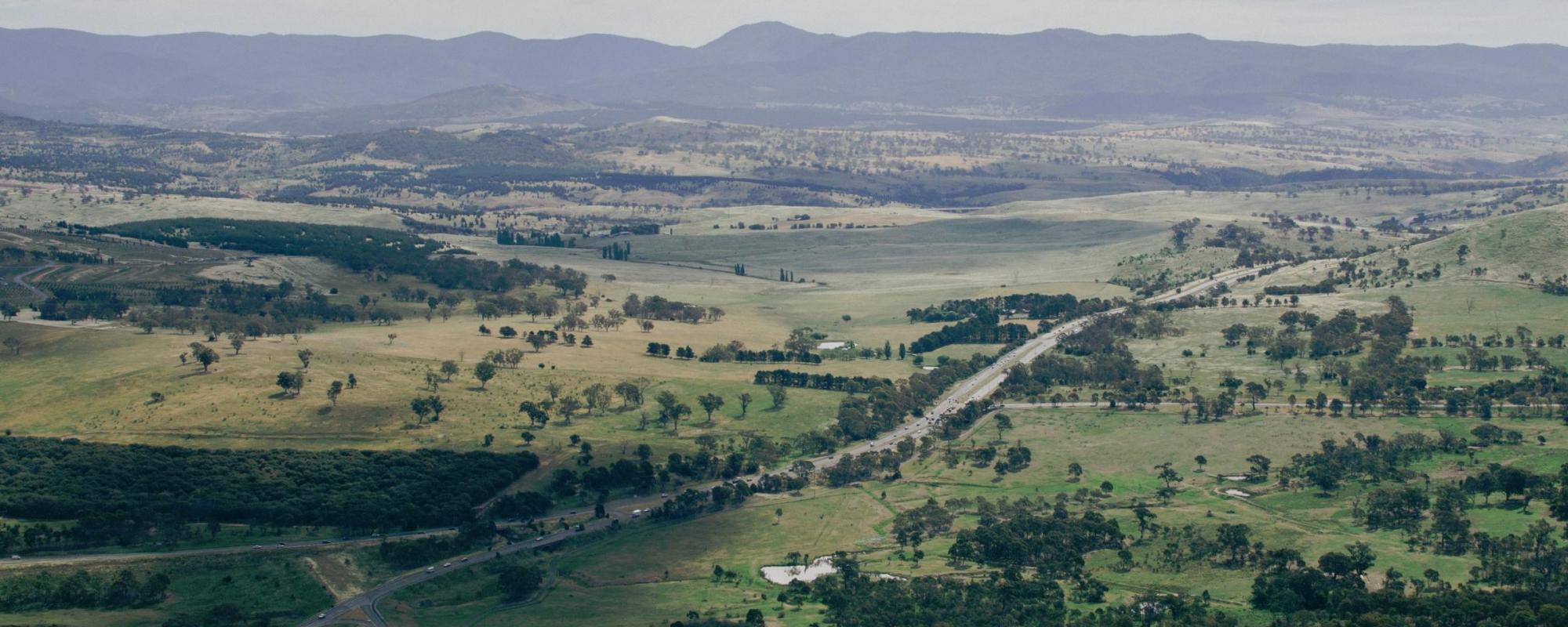Historical Perspective and Land Ownership Systems in a Modern Society
The fundamentals of land ownership and land boundaries date back to the very roots of civilisation, and matters relating to possession and control (ownership) of land are well documented in historical records. Indeed, the territorial control of land has been a fundamental issue in the rise and fall of empires throughout history (for example, the Roman Empire) and the cause of a great number of the world’s wars since the beginning of civilisation.
In the centuries BC, the importance of land ownership was focused on arable lands used for productive agriculture, and even in those times there were issues associated with occupation and boundaries: "in 173 BC Lucius Postumius Albinus, a statesman of the Roman Republic, was sent to Campania (a region in Southern Italy) to separate the land of the state from that of private persons, because private land owners had slowly expanded their boundaries into public lands" (Lucius Postumius Albinus (Consul 173 BC) wiki 2011).
Biblical references to the Land of Israel and its boundaries can be found in: Genesis 15; Exodus 23; Numbers 34; and Ezekiel 47 (Land of Israel wiki 2012). In fact, the boundaries of the Middle Eastern States have changed regularly throughout history.
In more modern times, we continue to witness wars arising, in part, over control of territorial boundaries, for example: the Six Day War in the Middle East in 1967 between Israel and Jordan, Egypt and Syria; and the Bosnian War that took place between April 1992 and December 1995 as a result of the breakup of Yugoslavia.
The relevance and importance of land ownership systems in a modern society
In recent times, the importance of control of land (and a nation’s offshore and seabed maritime boundaries) is more likely to be centred on rights of economic development and control of important resources, such as oil and fishing rights.
In particular, our land tenure (manner of possession) system is fundamental to, and provides investor and community confidence in:
- development planning, economic growth and sustainability
- social stability through housing and employment
- financial security in economic development and property markets
- natural resource and environmental management and sustainability.
Land ownership systems also underpin:
- government policy making and program delivery
- taxation, land administration and the distribution of electoral boundaries
- land use management and regulation.

